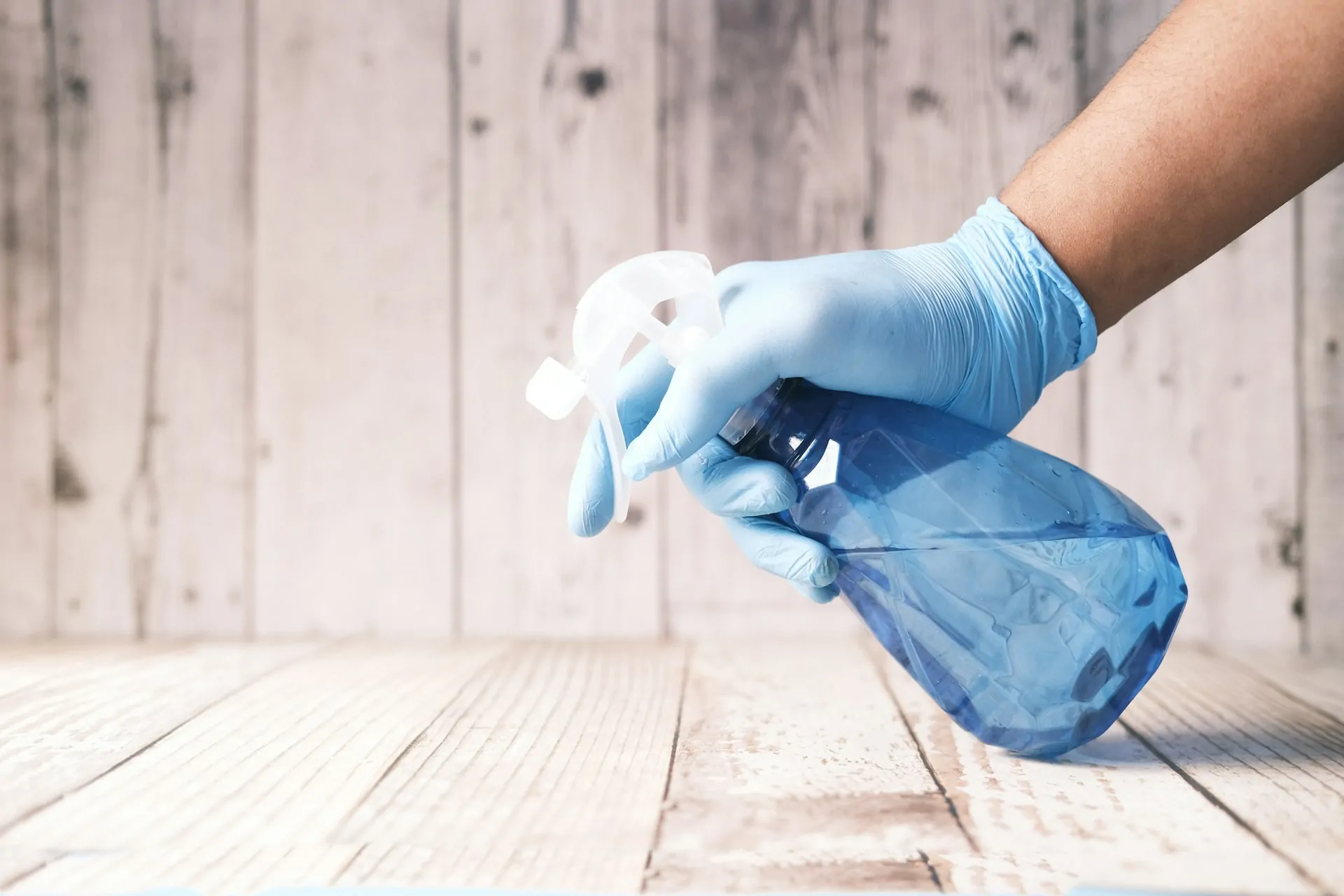
Image Source: unsplash.com
Keeping your home clean is important. You want to trust the cleaning products you buy. But what if some of those products lost their FDA approval and are still on store shelves? This isn’t just about following rules. It’s about your health and safety. Some products may not work as promised, or worse, they could be unsafe. Knowing which cleaning products lost FDA approval can help you make better choices for your family. Here’s what you need to know.
1. Triclosan-Based Antibacterial Soaps
Triclosan was once a common ingredient in antibacterial soaps. The FDA pulled its approval after studies showed it might do more harm than good. Triclosan can disrupt hormones and may help bacteria become resistant to antibiotics. Even though the FDA banned it from over-the-counter soaps, you can still find some products with triclosan in stores. Always check the label. If you see triclosan, skip it. Use regular soap and water instead. It’s just as effective for cleaning your hands.
2. Chlorine Dioxide Surface Sprays
Chlorine dioxide sprays were popular during the pandemic. Some brands claimed they could kill viruses and bacteria on contact. The FDA later revoked approval for several of these products because of safety concerns. Breathing in chlorine dioxide can irritate your lungs and eyes. Some sprays are still sold online and in discount stores. If you see a surface spray with chlorine dioxide, avoid it. Look for EPA-approved disinfectants instead. You can check the EPA’s list of safe disinfectants here.
3. Benzalkonium Chloride Wipes
Benzalkonium chloride is a chemical used in many cleaning wipes. The FDA once approved it for use in hand sanitizers and wipes. But new research raised questions about its safety and effectiveness. The FDA pulled its approval for some uses, but you can still find wipes with this ingredient. These wipes may not kill all germs, and they can cause skin irritation. If you want a safer option, use alcohol-based wipes. They’re more effective and less likely to cause problems.
4. Formaldehyde-Based Cleaners
Formaldehyde is a strong chemical. It’s used in some heavy-duty cleaners and disinfectants. The FDA no longer approves formaldehyde for use in household cleaning products because it’s a known carcinogen. Long-term exposure can increase your risk of cancer. Despite this, some imported cleaners still contain formaldehyde. Always read the ingredient list. If you see formaldehyde or methylene glycol, don’t buy it. Choose products with safer ingredients.
5. Phenol Disinfectants
Phenol was once a go-to ingredient in many disinfectants. The FDA removed its approval after studies showed it could cause burns and other health issues. Phenol can be toxic if it touches your skin or if you breathe it in. Some old-school brands still use phenol, especially in industrial or imported products. If you see phenol on the label, put the product back. There are safer disinfectants that work just as well.
6. Sodium Hypochlorite Bleach Sprays
Sodium hypochlorite is the main ingredient in bleach. The FDA approved it for some uses, but not all. Some bleach sprays lost their FDA approval because they were too strong or not labeled correctly. These sprays can cause breathing problems and skin burns. Some stores still sell them, especially in bulk or discount sections. If you use bleach, dilute it properly and follow the instructions. Never mix bleach with other cleaners.
7. Quaternary Ammonium Compound (Quats) Sprays
Quats are chemicals used in many disinfectant sprays. The FDA pulled approval for some quats after studies linked them to asthma and other health problems. Some sprays with banned quats are still on shelves, especially in smaller stores. If you have asthma or allergies, avoid products with quats. Look for plant-based cleaners or those with hydrogen peroxide instead.
8. Silver Ion Surface Cleaners
Silver ions are used in some sprays and wipes that claim to kill germs. The FDA once approved these products, but later found they didn’t work as well as promised. Some brands still sell silver ion cleaners, even though they lost FDA approval. These products may not protect you from germs. Stick with cleaners that list their active ingredients and have clear safety information.
Why FDA Approval Matters for Cleaning Products
FDA approval means a product has been tested for safety and effectiveness. When a cleaning product loses FDA approval, it means there’s a problem—maybe it doesn’t work, or maybe it’s not safe. But some products slip through the cracks and stay on shelves. That’s why it’s important to read labels and know what you’re buying. Don’t assume a product is safe just because it’s for sale. Check for FDA approval, look up ingredients, and choose products with a good safety record. Your health is worth the extra effort.
Have you ever found a cleaning product on the shelf that you thought was safe, only to learn it wasn’t? Share your story or tips in the comments.
Read More
10 Insanely Good Dollar General Coupon Deals You Can’t Afford to Miss
